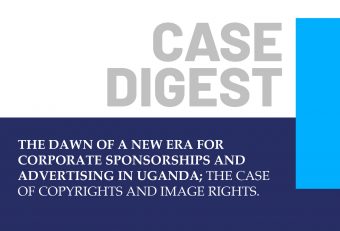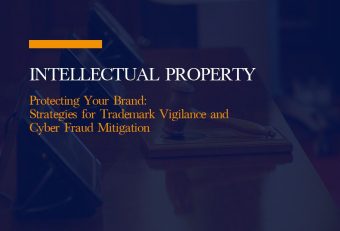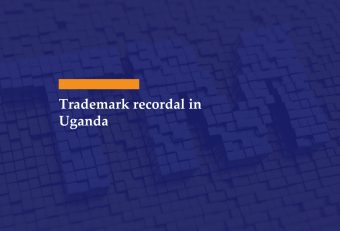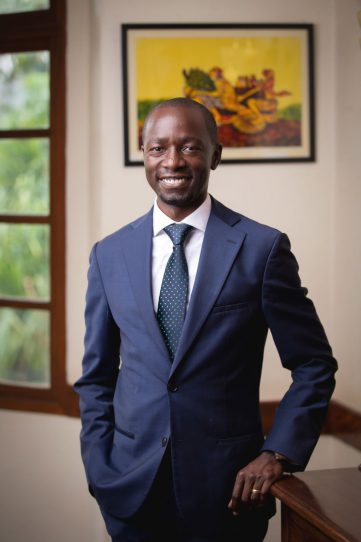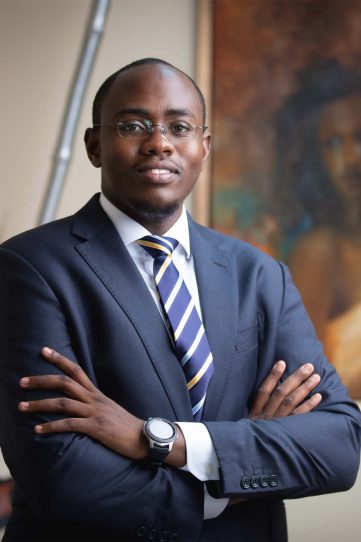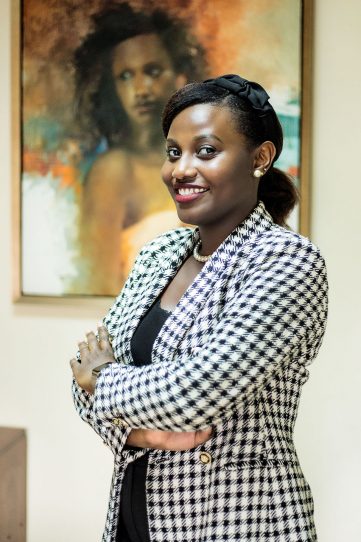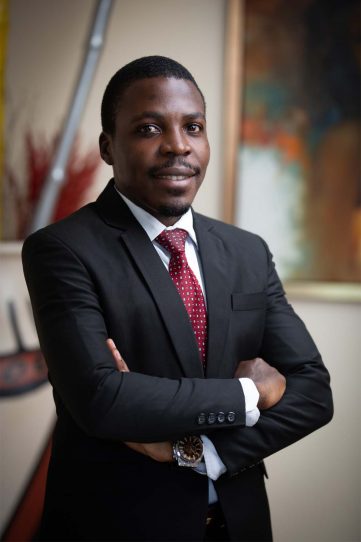Intellectual Property
Milestones
•We recovered a domain name from fraudsters, on behalf of Speke Hotel (1996) Ltd, who had registered a misleading domain name and we pursued the Complaint with the World Intellectual Property Organization (WIPO) Arbitration and Mediation Center (the Center) pursuant to the Uniform Domain Name Dispute Resolution Policy (the Policy) approved by the Internet Corporation for Assigned Names and Numbers (ICANN).
• We successfully defended against a claim for trademark infringement in which Kyaninga Royal Cottages (“our Client”) had been sued for using a name alleged to be similar to that of Kyaninga Lodge. It was our argument that the name/mark was a geographical indicator that could not be exclusively owned by the Claimant.
• We are currently opposing the registration of the mark KILIMO CALL CENTER due to its similarity with our Client’s mark “KILIMO TRUST”.
• We are representing Hewlett Packard at the Court of Appeal in an appeal lodged by China New Future Company against the judgment of the High Court of Uganda in Kampala, in Civil Suit No.97 of 2013 in which China New Future was found to have infringed on Hewlett Packard’s registered trademarks and an injunction had been issued against the infringing company on top of an order for the seizure and delivery up of the counterfeit goods for destruction.
• We are also currently working on an instruction to enforce the trademark of Orion Holdings (a Korean company) in Uganda which had been registered by a different Chinese Company in Uganda.
• We routinely register various local and International trademarks at the Trademark Registry in Uganda on behalf of a number of companies.
• We have also registered and renewed various foreign marks at the African Regional Intellectual Property Organization (ARIPO) and at the World Intellectual Property Organization (WIPO) on behalf of a number of foreign companies
Articles on Intellectual Property
Intellectual Property Experts
Intellectual Property related FAQs
“Trademark” means, a sign or mark or combination of signs or marks capable of being represented graphically and capable of distinguishing goods or services of one undertaking from those of another undertaking. Usually, this is the name of the business or the brand of the goods and/or services delivered by a business.
A patent is the title granted to protect an invention. It is granted to the inventor.
Copyright refers to protection granted to authors, artists and other creators for their literary and artistic creations, generally referred to as “works”. These include novels, poems, plays, newspapers, adverts, films, musical compositions, paintings, drawings, sculptures and more.
A patent owner has the right to exclude others from exploiting the protected invention. The patent owner holds the patent for 20 years and any other person using the invention must be licensed or permitted by the patent holder. The holder of a patent can institute a claim in court against any person who unlawfully uses or exploits the patented invention or innovation.
The registered proprietor of a trademark has the right to exclude any other person from using a name, word or mark similar to the registered trademark while referring to other goods and services. The trademark owner can institute a claim in court against any person who infringes this right of exclusivity.
